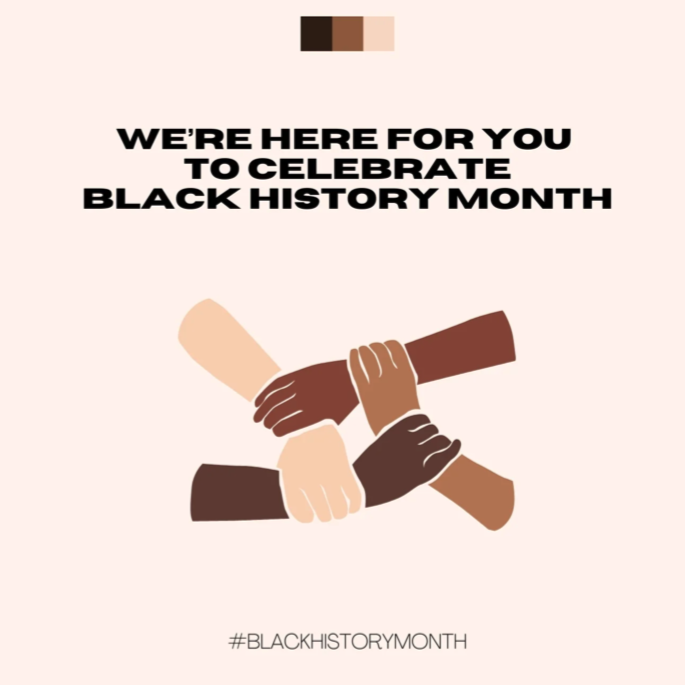2.1.23
By Jennifer Jacobus, PHRca, SDEA Director of HR Services 
February is Black History Month, recognizing many generations of Black Americans who suffered and experience(d) hardship. This month is meant to honor black people throughout the generations from slavery to our current family members, neighbors and co-workers.
Why is Black History Celebrated in February?
In 1926, Carter G. Woodson, a scholar who was often referred to as the “father of Black history,” began Negro History Week in order to focus attention on contributions made by Black individuals. According to the NAACP, Woodson — at the time only the second Black American to earn a doctorate from Harvard University — “fervently believed that Black people should be proud of their heritage and [that] all Americans should understand the largely overlooked achievements of Black Americans.”
Woodson, the son of former enslaved people, said: “If a race has no history, if it has no worthwhile tradition, it becomes a negligible factor in the thought of the world, and it stands in danger of being exterminated.”
Woodson chose a week in February to celebrate Negro History Week because of Abraham Lincoln, whose birthday was February 12, and Frederick Douglass, who was born enslaved and did not know his actual birth date and chose to celebrate it on February 14. Lincoln and Douglass played critical roles in helping to provide Black people the experience of freedom that they have now.
If you learned something, we have more where that comes from! We encourage everyone to do a bit of research on this important celebration. Things to research: Quakers 1688, Jim Crow Laws, Redlining, Black Wall Street; Books to read: The Immortal Life of Henrietta Lacks – Rebecca Skloot, The Bluest Eye – Toni Morrison, The Color Purple – Alice Walker, and The 13th – Ava DuVernay, to get you started.
If you’re looking to kick-start your DEI program at work, SDEA can help. Call us at 858-505-0024.




